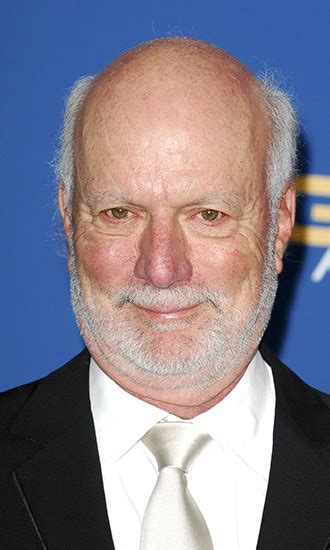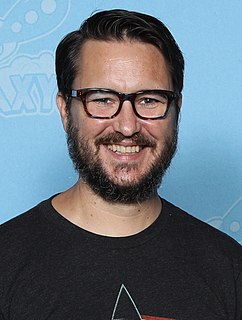A Quote by Mahatma Gandhi
As the State is a soulless machine, it can never be weaned from violence to which it owes its very existence.
Related Quotes
Some people draw a comforting distinction between force and violence. I refuse to cloud the issue by such word-play. The power which establishes a state is violence; the power which maintains it is violence; the power which eventually overthrows it is violence. Call an elephant a rabbit only if it gives you comfort to feel that you are about to be trampled to death by a rabbit.
It is not a struggle merely of economic theories, or forms of government or of military power. At issue is the true nature of man. Either man is the creature whom the psalmist described as a little lower than the angels ... or man is a soulless, animated machine to be enslaved, used and consumed by the state for its own glorification. It is, therefore, a struggle which goes to the roots of the human spirit, and its shadow falls across the long sweep of man's destiny.
Man is a machine which reacts blindly to external forces and, this being so, he has no will, and very little control of himself, if any at all. What we have to study, therefore, is not psychology-for that applies only to a developed man-but mechanics. Man is not only a machine but a machine which works very much below the standard it would be capable of maintaining if it were working properly.
Each thing that exists remains forever, and that very existence of existence is proof of its eternity. But without that realization, which is the knowledge of perfect being, man would never know whether there was existence or non-existence. If eternal existence is altered, then it must become more beautiful; and if it disappears, it must return with more sublime image; and if it sleeps, it must dream of a better awakening, for it is ever greater upon its rebirth.
Given the racist and patriarchal patterns of the state, it is difficult to envision the state as the holder of solutions to the problem of violence against women of color. However, as the anti-violence movement has been institutionalized and professionalized, the state plays an increasingly dominant role in how we conceptualize and create strategies to minimize violence against women.
The breakdown of Plato's philosophy is made apparent in the fact that he could not trust to gradual improvements in education to bring about a better society which should then improve education, and so on indefinitely. Correct education could not come into existence until an ideal state existed, and after that education would be devoted simply to its conservation. For the existence of this state he was obliged to trust to some happy accident by which philosophic wisdom should happen to coincide with possession of ruling power in the state.









































